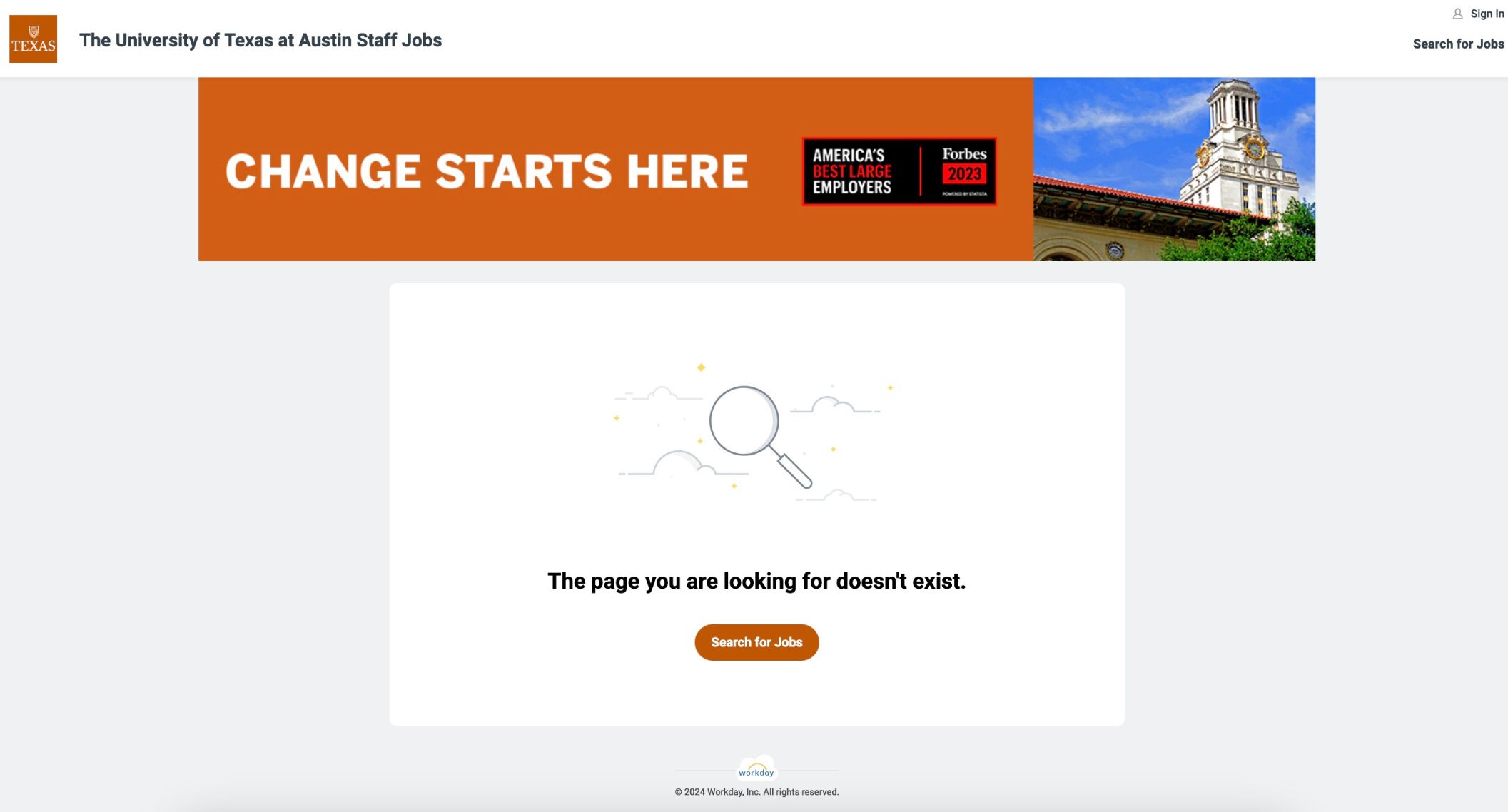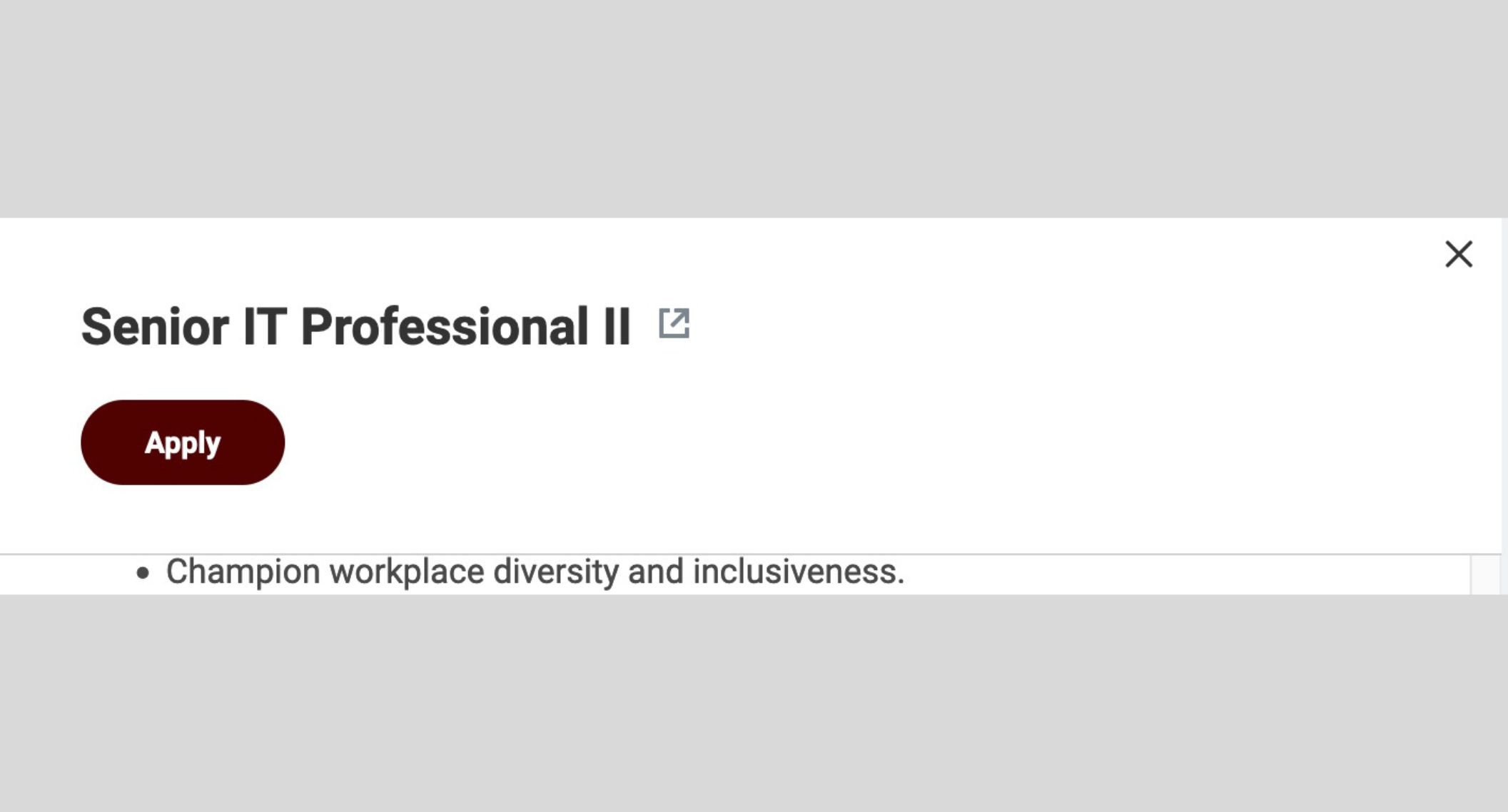The Lone Star State’s two foremost universities just quietly reversed several diversity, equity, and inclusion mandates within their institutions.
The University of Texas at Austin and Texas A&M were previously identified in an investigation by The Dallas Express as having potentially unlawful DEI requirements in some of their job descriptions.
Neither institution responded to requests for comment from DX, and both were slow to remove the DEI language. However, UT and A&M scrapped or amended some of the job postings over St. Patrick’s Day weekend.

Two job listings posted by UT were scrapped entirely, while several were changed.
A listing for a Post-Doctoral Fellowship with the Department of Earth and Planetary Sciences previously stated, “The Jackson School of Geosciences has a strong commitment to advancing diversity and inclusion in the geosciences,” but the listing has since disappeared.
Likewise, the listing for a Computational Biology Assistant, which once included “The College is interested in and values candidates who … have demonstrated a commitment to improving the diversity, equity and inclusivity of their academic communities,” is now gone.

Texas A&M’s Senior IT Professional role formerly required employees to “Champion workplace diversity and inclusiveness.”

The listing now mandates that employees “Champion workplace camaraderie.”
However, not every position was deleted or amended.
Some have remained intact with their original wording unchanged.
The preferred qualifications for one Assistant Professor of Instruction for Special Education at UT still say that a candidate should reflect “our commitments to inclusive excellence, educational equity … and culturally diverse students and communities.”
Similarly, an Assistant Professor of Bilingual/Bicultural Education position maintains that a successful candidate will “work collaboratively in a program and department dedicated to equity and social justice,” while numerous job descriptions within the College of Education are still marked with an “academic and research aspirations” designation that includes “Advancing Equity.”
DEI was banned in Texas public universities by SB 17, which took effect on January 1, 2024.
The bill “prohibits public institutions of higher education from establishing or maintaining DEI offices, officers, employees, or contractors that perform the duties of a DEI office.” The legislation also prohibits “requiring related training,” per a bill analysis committee report.
The legislation was passed with some contention among state lawmakers.
“Texas is one of the most diverse states in the nation, and our institutions of higher education should reflect that diversity,” said Sen. Brandon Creighton (R-Conroe) in a news release last April.
“However, the elevation of DEI offices, mandatory diversity statements, political litmus tests, and diversity training have the opposite effect and only further divides. DEI programs have become a million-dollar industry at taxpayer-funded institutions — yet they have made no progress advancing or increasing diversity,” he said.
On the flip side, Rep. Ron Reynolds (D-Missouri City) argued, “By stifling open discussions on race, gender, and social justice, this legislation denies our young minds the opportunity to understand the diverse world they live in and perpetuates the cycle of ignorance and discrimination.”
DX also reported on a dozen potential DEI violations at Dallas College, one of DFW’s major community colleges, and how institutions like the University of Houston appeared to reconstitute their DEI departments in new ways after the statewide ban took effect.


